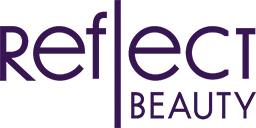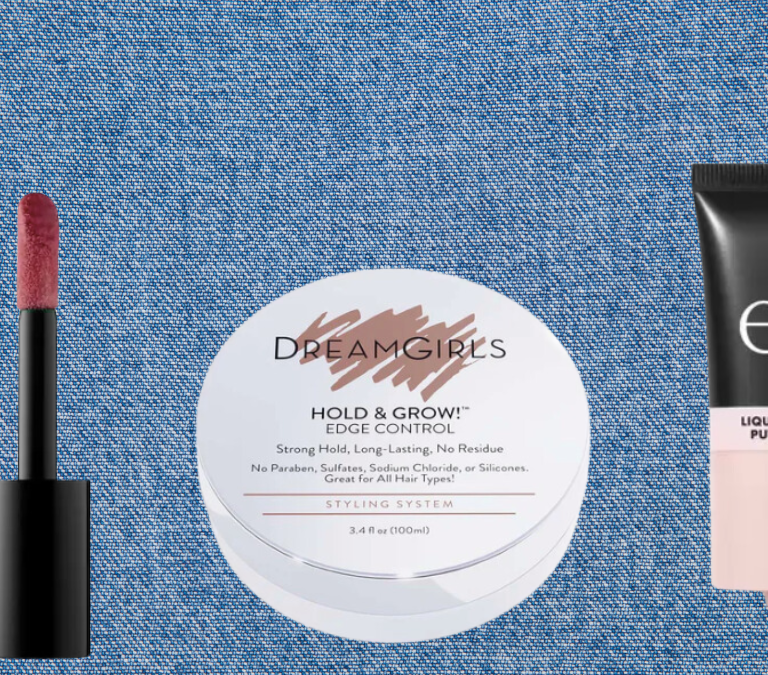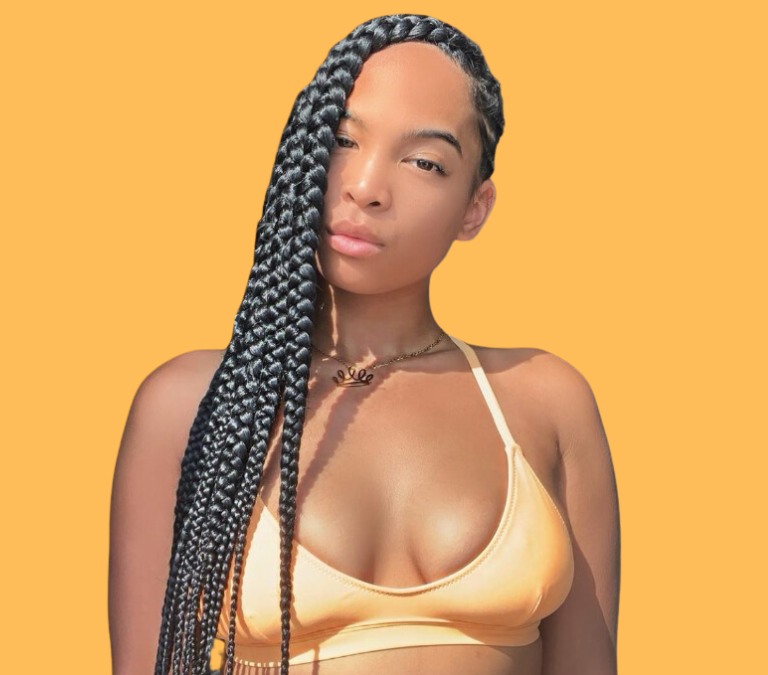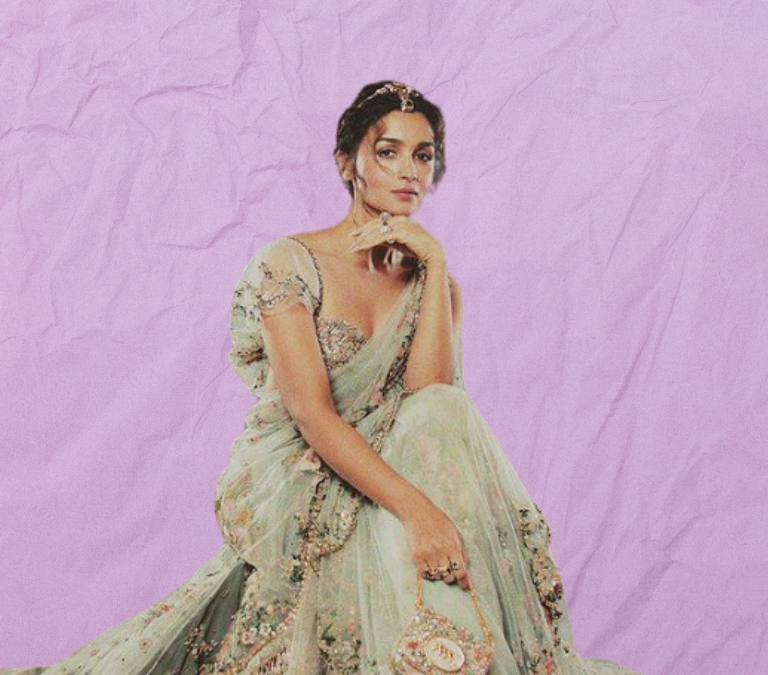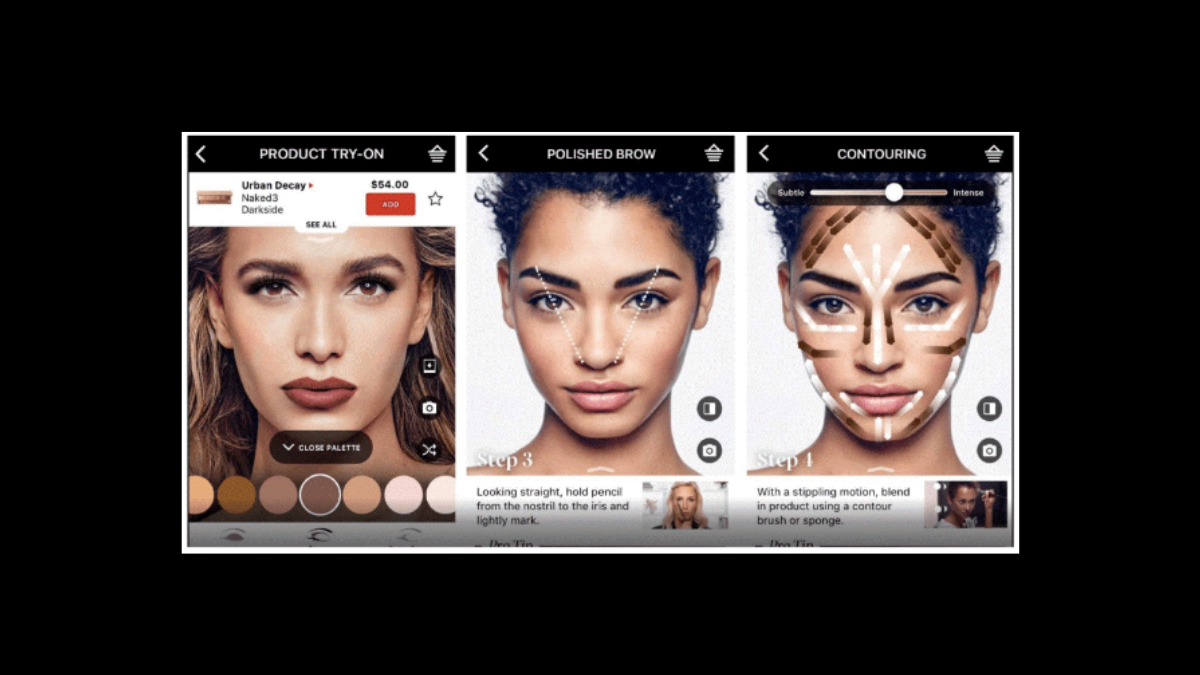
With the drama and dominance of ChatGPT in the collective consciousness, it’s a safe bet to say that AI arrived in 2023—and it’s here to stay. Whether you’re AI-prompt adept or just wrapping your head around this very wild new Westworld, maybe you didn’t know that AI has been making inroads into the beauty sphere. AI in beauty and cosmetics is already a multi-billion dollar business with researchers predicting AI growth of 20 to 30% in the next five years.
Mega brands like Sephora and Ulta have been using generative AI to make personalized beauty recommendations for customers like outlining a multi-step skincare routine and making product suggestions. L’Oreal has a virtual try-on tool called “Modiface” that lets people virtually experiment with skincare, makeup looks, products, hairstyles and nail colors. A plus of tools like this is how they minimize product waste by not having physical product samples—a step towards sustainability in the beauty industry.
[SEE ALSO: Reflect Beauty NYX Cosmetics Giveaway!]
Manicures By R2-D2
Beauty services like manicures and eyelash extensions are getting an AI makeover as new companies have created AI-powered robots that can perform these tasks—and get better with them over time as AI learns and adapts to the customer.
Target rolled out their robot manicurist where a 10-minute mani costs $10.
But your favorite nail technicians and aestheticians have nothing to worry about (yet). While AI-powered machines can do a basic manicure, they’re not capable of the elaborate, personal and human experience that most of us are looking for in a salon. No, a robot can’t give you sweater nails just yet.
Currently, they’re designed to help humans rather than replace them.
Is AI racist?
What does cause concern is that AI is only as good as its data inputs. Recently, an AI tool called Beauty.AI, which gauges human beauty from an AI perspective, was used to judge a beauty contest. Over 6,000 people from more than 100 countries sent photos to enter the contest. Of 44 winners, only a handful were Asian and only one had dark skin. The rest were white.
The five-robot panel of judges picked winners using algorithms to analyze specific traits they correlated to physical beauty.
[READ ALSO: Dove’s ‘Code My Crown’: Transforming Black Representation In Gaming]
The hypothesis is that the data used to determine beauty standards didn’t include enough POC. This skewed the algorithms to favor white standards of beauty.
The takeaway: AI is as imperfect as its human developers. For now, it’s a reflection of the culture, which means beauty standards and aesthetics need to change in the real world first. Or if AI is all it’s touted to be, maybe it will achieve equality first!
